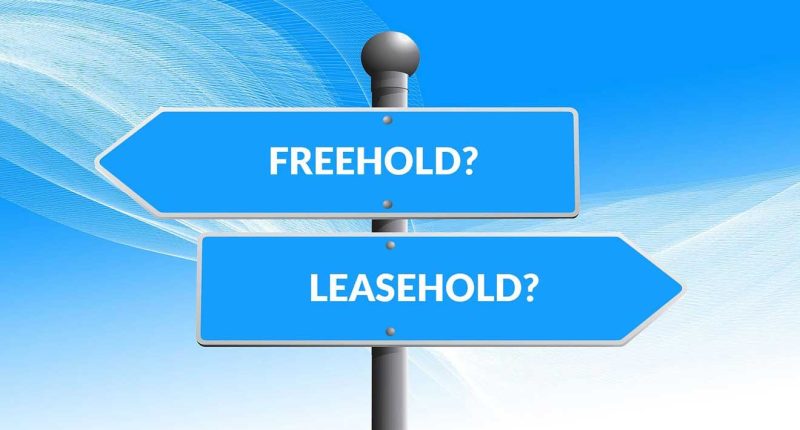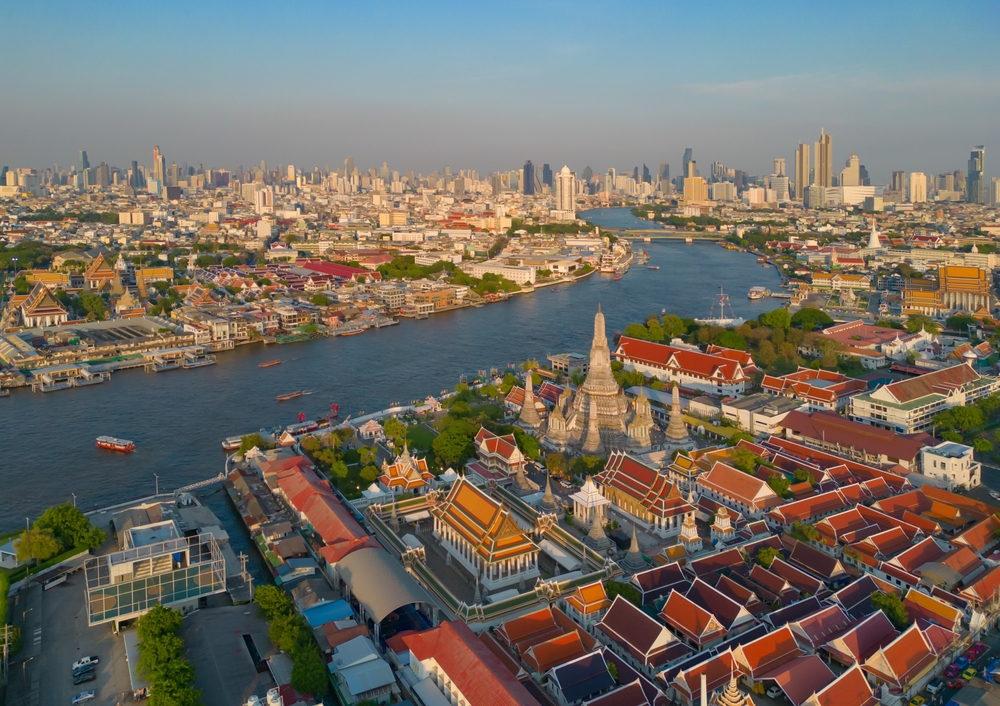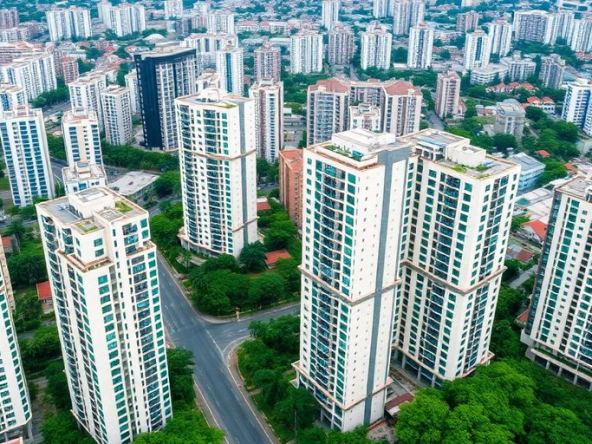When buying real estate in Phuket, one of the key decisions you’ll need to make is whether to opt for a freehold or leasehold property. Each type of ownership has its advantages and limitations, particularly for foreign investors. Understanding the differences between freehold and leasehold can help you make a more informed decision for your real estate investment.
What is Freehold Ownership in Phuket Real Estate?
Freehold ownership means that the buyer has full, unrestricted ownership of the property. As a freeholder, you own both the building and the land indefinitely, and you can sell, lease, or transfer the property at your discretion.
Freehold for Foreigners in Phuket
- In Thailand, foreigners are not allowed to own land outright, but they can own condominiums under a freehold title, provided that foreign ownership does not exceed 49% of the total units in a development.
- Foreigners can also own buildings (like villas) but not the land on which the building sits. To get around this, many investors either form a Thai company or use a leasehold structure for the land while owning the building freehold.
Advantages of Freehold Ownership
- Full Ownership: With a freehold, you fully own the property with no time limits.
- Investment Security: Freehold properties tend to appreciate over time, offering better long-term investment potential.
- Transferability: You can sell or transfer the property without restrictions, making it easier to manage inheritance or resale.
Disadvantages of Freehold Ownership
- Limited Land Ownership for Foreigners: As mentioned, foreigners cannot directly own land, making freehold land ownership difficult.
- Higher Price: Freehold properties typically come with a higher price tag than leasehold properties due to the permanent ownership structure.
What is Leasehold Ownership in Phuket Real Estate?
Leasehold ownership means that the buyer leases the property for a fixed period, typically 30 years, with the option to renew for another two terms, bringing the total lease period to 90 years. While the property is leased, the buyer has full rights to use and develop the property as they wish.
Leasehold for Foreigners in Phuket
- Leasehold is the most common method for foreigners to legally acquire land in Thailand.
- Although the lease is usually set for 30 years, there is often an agreement to extend the lease for an additional 30-year period, twice, to maximize the lease duration to 90 years.
Advantages of Leasehold Ownership
- Land Ownership Possibility: Leasehold allows foreigners to occupy land legally without the complexities of forming a company.
- Lower Cost: Leasehold properties are usually cheaper than freehold, making it an affordable option for buyers.
- Flexibility for Short-Term Investments: Leasehold properties are ideal for investors who don’t plan to hold the property long term, such as those seeking rental income.
Disadvantages of Leasehold Ownership
- Limited Ownership Period: Unlike freehold, leasehold only grants temporary ownership. After the lease expires, the property ownership reverts to the landlord unless renewed.
- Less Control Over Property: While you can use and develop the property during the lease period, the landowner still holds ultimate ownership, which can limit certain uses.
- Less Attractive for Resale: Buyers may find it harder to sell leasehold properties as the lease term shortens over time, reducing its value on the resale market.
Key Differences Between Freehold and Leasehold in Phuket Real Estate
Ownership Duration
- Freehold: Offers indefinite ownership of the property and land (in the case of condominiums or buildings).
- Leasehold: Typically provides ownership for 30 years, with a renewal option for two additional 30-year terms.
Cost
- Freehold: More expensive due to the permanent ownership structure.
- Leasehold: Generally cheaper, making it a more affordable option for foreign investors.
Legal Restrictions
- Freehold: Foreigners can only own up to 49% of condominium units and cannot own land.
- Leasehold: Foreigners can lease land and own the property built on it for up to 90 years (with extensions).
Resale Value
- Freehold: Easier to sell and typically retains value better over time.
- Leasehold: Harder to sell as the lease term diminishes, potentially lowering resale value.
Factors to Consider When Choosing Between Freehold and Leasehold
Purpose of Investment
If you’re purchasing property as a long-term investment or for permanent residence, freehold ownership offers better security and long-term benefits. However, if you’re looking for a short-term investment or rental income, leasehold can offer flexibility and lower initial costs.
Budget
Freehold properties are more expensive, so your budget will play a major role in your decision. Leasehold can be an excellent alternative for those seeking affordable property in Phuket without the commitment of freehold.
Ownership Restrictions
Foreigners must carefully consider the legal aspects of owning property in Thailand. Freehold is limited to condominiums and some buildings, while leasehold offers greater flexibility for owning land.
Conclusion – Which Is Right for You: Freehold or Leasehold?
Choosing between freehold and leasehold for real estate in Phuket depends on your investment goals, budget, and long-term plans. If you want full ownership, better resale value, and long-term investment security, freehold is the way to go. However, if you’re looking for flexibility, affordability, and short-term gains, leasehold is a viable and legal option for foreigners to acquire land.
Both options have their benefits and limitations, but with the right strategy, investing in Phuket real estate can be a rewarding experience. Always consult with legal and real estate experts to navigate the complexities of property ownership in Thailand.








